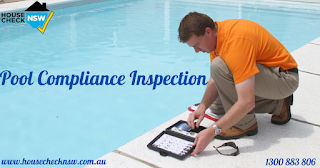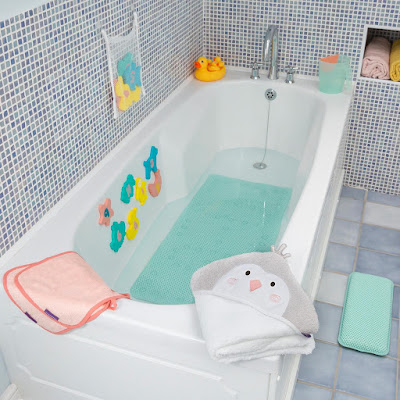A regular home inspection is basically a non-invasive, non-intrusive inspection of the interior and exterior condition of a particular home, usually for the purpose of the impending sale of that property. Such inspections are generally conducted by a qualified home inspector with the appropriate training and qualifications to do so. It is essential that you understand what to expect when making an assessment of your particular home and the services of your home inspector.
A good home inspector will conduct a visual inspection of each room and area of your home to determine its condition. The inspection will also focus on the main features of your home, such as the front and back entryway, the bathroom, kitchen, living areas, stairs, windows, and roof. Your home's exterior will also be inspected in detail. The inspection should not include any visible damages or defects in the structure.

In addition, your home's foundation should be properly examined. This can provide valuable information regarding your home's potential to support strong structural integrity in the event of future storms or extreme weather conditions. Additionally, the house siding, or siding material, should also be properly checked for any cracks or openings. In the case of severe weather or other unavoidable circumstances where a potential homeowner needs to relocate, such as if he or she receives a notice of foreclosure or the sale of his or her home, an independent home inspector may be needed. These specialists are well-versed in the process and procedure of conducting an independent inspection and they can assist you in your relocation planning. You should always be ready and prepared for such an inspection.
It is important to realize that there are many aspects to an inspection. The first aspect is the physical examination of your home. The inspector will need to measure all walls, ceilings, floors, and any other structures to assess their condition and make necessary repairs or alterations.

The next part of the inspection involves inspecting the electrical, plumbing, heating, air conditioning, ventilation, windows, and doors of your home. This part of the inspection will include the cleaning and repair of appliances and mechanical systems, such as lighting fixtures, air conditioning units, furnace units, and other heating elements, as well as inspecting the ductwork, water heater, and electrical wiring. {if applicable. The inspection also includes the routine maintenance of those systems so that the appliances are operating efficiently at all times and in the future.
If you choose to hire an independent home inspector, he or she will discuss with you all of the specific service requirements of your particular home and your particular needs. Some inspectors may also assist you with creating a contract for the services of the service provider of choice in the future, should you have any concerns about services or products that are provided after the inspection.
View more here: HouseCheckNSW

























































